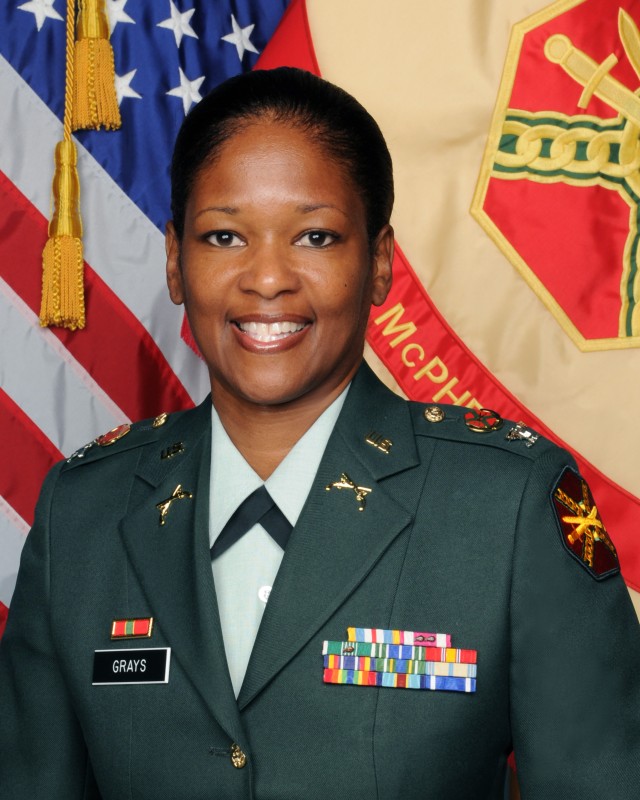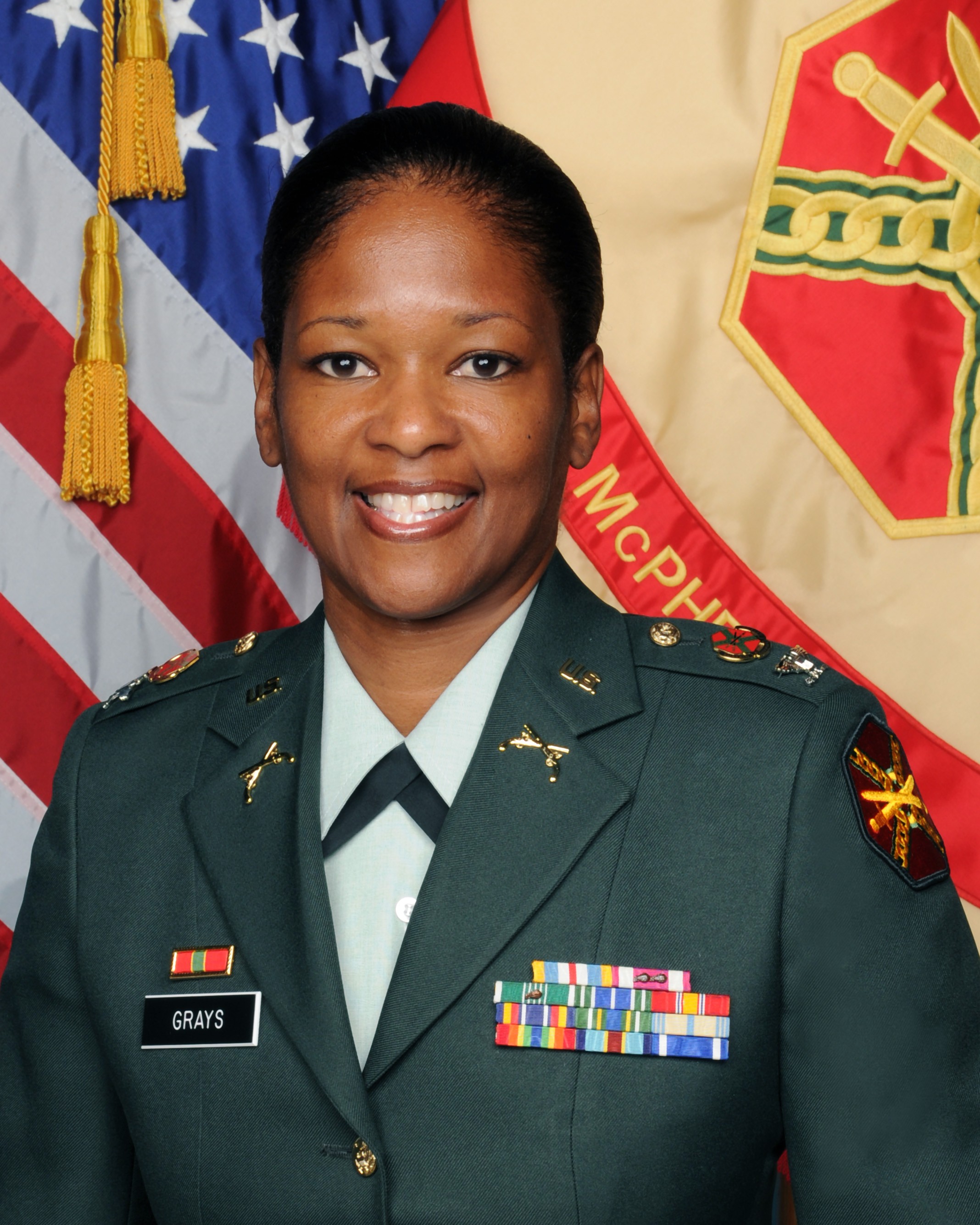Commander's Corner
Garrison Commander
Fort McPherson & Fort Gillem
"Man can live about 40 days without food, about three days without water, about eight minutes without air, but only for one second without hope."
This quote, by an anonymous author, seems appropriate today as we observe the 25th POW-MIA Recognition Day. The sentiment for hope applies not only to the military members who are designated prisoner of war or missing in action, but to their Family members and friends, as well.
These servicemembers and their Families share the hope and resolve that one day they will be reunited. The reunion may be the intense joy of seeing the servicemember alive and safe, or bittersweet as remains are returned to a Family for burial.
Records show more than 78,000 Americans are unaccounted for in conflicts reaching as far back as World War I. Sadly, the vulgarities of war mean we will never be able to account for everyone. Yet hope remains. With each news story of a servicemember being released from his or her captives or of decades-old remains being recovered, Families and the nation are optimistic for other servicemembers.
Most recently, Families found hope in the case of Lt. Cmdr. Michael Scott Speicher, a U.S. Navy pilot who was shot down in a remote wasteland 100 miles west of Baghdad Jan. 16, 1991, the first night of Operation Desert Storm fighting. The day after he was shot down, Speicher was placed on MIA status. His status was changed to Killed in Action/Body Not Recovered May 22, 1991, after the Gulf War had ended.
In December 1993, a military official from Qatar discovered the wreckage of a plane in the desert; the aircraft was later identified as Speicher's. Rumors began spreading that Speicher might have survived the crash and was being held captive. In 1996, the secretary of the Navy reaffirmed the presumptive finding that Speicher had died, and the pilot was given a tomb at Arlington National Cemetery. Yet rumors persisted.
In January 2001, the secretary of the Navy changed Speicher's status to MIA, the first time the DoD had made such a change. Speicher's story became high profile, with articles in the Washington Times and other newspapers, and with President George W. Bush mentioning the officer in a speech to the United Nations General Assembly as part of his case for war against Iraq.
One day after Congress authorized the use of military force in Iraq, Oct. 11, 2002, Speicher's status was again changed, this time to Missing/Captured. Yet as the U.S. occupation increasingly gained control over Anbar Province, it became more apparent that Speicher was not a captive.
The U.S. Navy held a review board to consider closing the case Jan. 5, 2009; the board recommended the Pentagon continue investigating what happened to Speicher. March 10, Speicher's status was once again changed, this time back to MIA.
The Navy announced Aug. 2 that Speicher's remains had been found by U.S. Marines where, according to local civilians, he had been buried in the desert by Bedouins after his crash in 1991. Days after his return stateside, Speicher was buried in Jacksonville, Fla., where his Family had moved when he was 15.
After 18 years of uncertainty and enduring a roller-coaster of emotions, closure had finally come for Speicher's Family, including his wife and two children.
Our hearts break each time we see video of captured U.S. Soldiers being used as tools of propaganda on TV. It's difficult to think past the threat of the terrorists with machine guns standing next to the Soldiers. Yet hope hangs on. We're heartened in knowing that, at least when that video was taken, the Soldiers were alive. And despite the knowledge that the Soldiers and their Families are experiencing a level of fear and pain most of us will, hopefully, never know, there's still the possibility for a favorable outcome.
Hope can fade the longer a Soldier's whereabouts or condition is unknown. Fortunately, organizations, individuals and events, such as today's observance, abound to ensure the goal of accounting for every Soldier being held or missing in action remains a priority.
Through hope and a strong spirit, we maintain the trust our Soldiers and their Families have that we will never waver in our commitment to those who serve our country with such courage and dignity. Let us maintain hope, for as long as we hope, we remember.
We will never forget!


Social Sharing